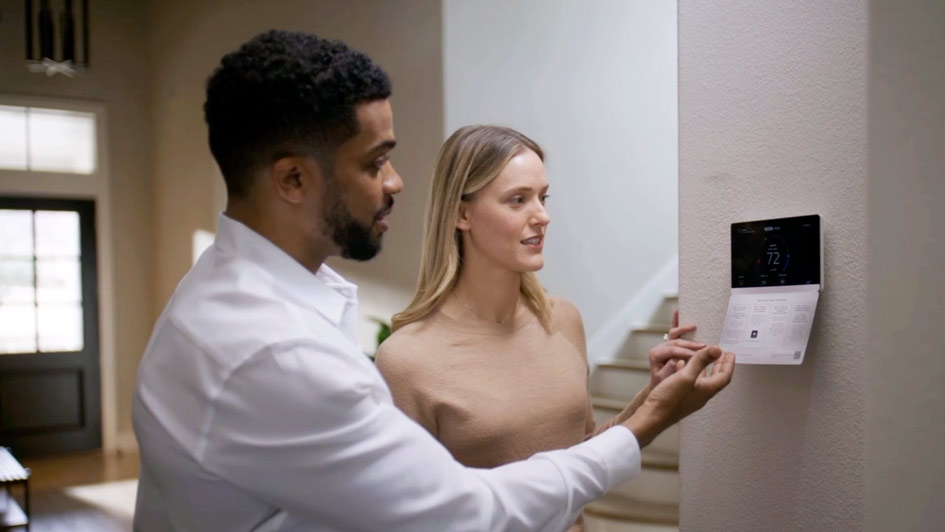
Purchasing your first home is exciting. You’re probably trying to keep track of numerous details to ensure you’re making the right choice. We believe that gaining insight into your future HVAC system is vital. The property’s HVAC system represents a significant investment and source of potential long-term costs, so being thorough helps all first-time homebuyers.
In the following guide, we’ll outline seven tips for discovering all there is to know about a home’s heating and cooling setup. And if you want a more in-depth opinion from the pros, consider calling Booneville Heating & Cooling. Our staff can help you compare your options with industry insights that are second to none.
1. Which Kind of HVAC System Does the Home Use?
Start by identifying what kind of HVAC system the home has. Furnaces tend to last longer compared to air conditioners, and some of the latest types of HVAC equipment like heat pumps can offer average life spans longer than ever. Knowing the make and specific model gives you a much better sense of how much it might cost in upkeep over time.
2. What Is the Current System’s Age?
It’s just as smart to learn how old the HVAC system is when you're looking at a potential new home. In general, HVAC systems tend to run for about 10-12 years. Knowing when it was installed helps you anticipate future maintenance needs or considerations if it might eventually stop working. Older systems are at a higher risk of problems, so planning ahead of time for a replacement unit could be necessary sooner than you thought.
3. Is the Warranty Active?
Check if the HVAC system is still under warranty. If it is, this can lighten the load for maintenance costs. HVAC warranties often cover parts and labor, but specifics will vary. Don’t forget to look into any terms that aren’t familiar to ensure you understand your coverage and any possible out-of-pocket costs.
4. When Was the Last Time It Received Maintenance?
Take a close look at the maintenance history of the HVAC system, if that information is accessible. This service history can demonstrate if the system constantly broke down or how much upkeep was provided. Ask about records for key tasks such as changing the air filter, which can indicate it received regularly scheduled tune-ups.
5. Are You Aware of the System’s Energy Efficiency Ratings?
Purchasing a home with a heating and cooling system with great energy efficiency can lead to more manageable utility bills and less of an impact on the environment. Check out the seasonal energy efficiency ratio (SEER) ratings for air conditioning as well as the annual fuel utilization efficiency (AFUE) for furnaces. Higher SEER ratings mean better cooling across the entire season, while high AFUE ratings illustrate that the fuel is more effectively burned for useable heat.
6. Have You Noticed Signs of Problems During Your Inspection?
Even without experience in HVAC systems, you can still take a moment to check out the HVAC system yourself. Watch closely for any concerning items that haven't been mentioned by the seller. This includes strange noises, spots with uneven heating or cooling and attempts to cover up any serious damage.
7. Have You Asked Your Local HVAC Professional?
If you're still hesitant to make an offer because of the current state of the HVAC system, it's wise to get an assessment and recommendation from trained HVAC professionals. They will be much more likely to catch things you might not, like leaking coolant, damage to the wiring or damaged ductwork.
A Chat with Booneville Heating & Cooling Helps Take the Stress Out of Your Home-Buying Journey
Selecting your first home ought to be exciting, and Booneville Heating & Cooling will do everything possible to ensure it stays that way. Connect with us at 662-269-8716. We can talk about how our HVAC services help make this process smoother, giving you what you need to step into your new home with confidence.


